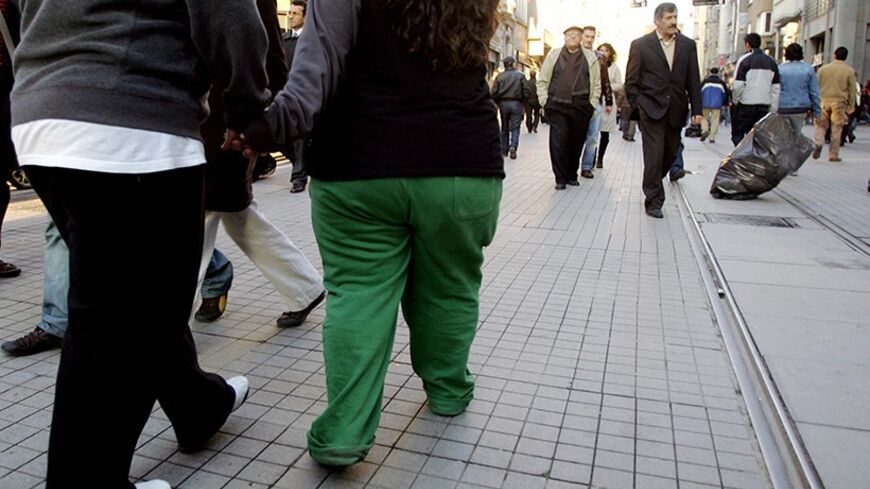“A man without a belly is like a house without balcony” is a well-known Turkish proverb in the same vein as “a little meat over the bones hides thousands of mistakes.” Both of these proverbs (the first for men, the latter mostly used for women) praise carrying a bit of extra weight. Only a few decades ago, excess weight signified health and better economic status than being “skinny” in Turkey. Considering Turkish cuisine as a part of the culinary tradition of the Mediterranean diet (recommended for a healthy lifestyle), it is perplexing to view the country’s increasing obesity rates. On April 22, it made the headlines that in the last 12 years obesity has increased 44% in Turkey.
This is a significant increase when you consider the Turkish Statistics Institute’s (TUIK) 2013 findings: The No. 1 killer in Turkey is heart and vascular disease. Approximately 40% of all deaths are caused by heart and vascular diseases. Heart disease hits women harder by about 45%. Further analysis of TUIK’s data on obesity shows that 20% of women and about 14% of men are categorized as obese; when we add the overweight category, the numbers approximately double for both genders.



